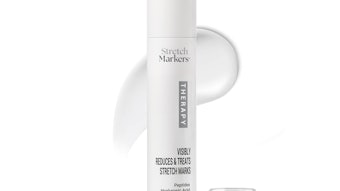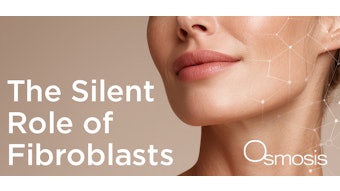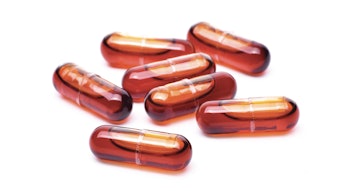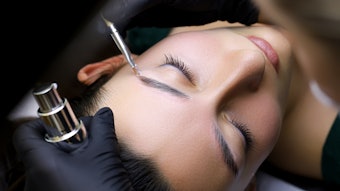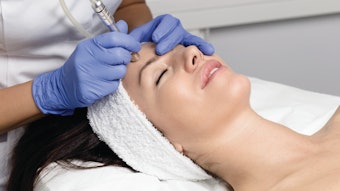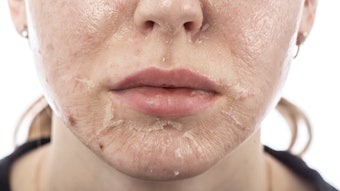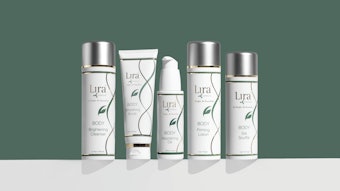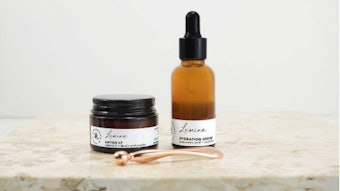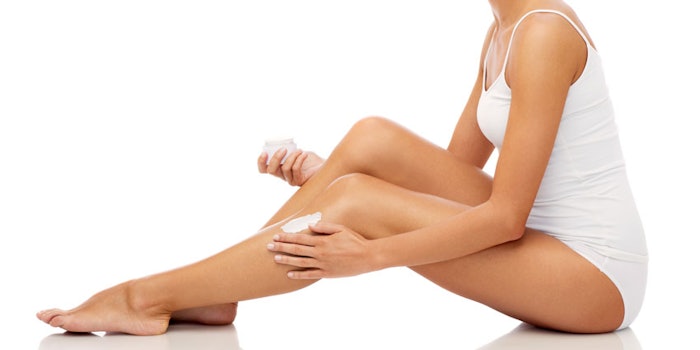
The National Institutes of Health conducted a study to see whether a topical treatment with Roseomonas mucosa (R. mucosa), a bacterium that is naturally present on the skin, could help to treat atopic dermatitis. The most recent findings were published in JCI Insight, and they support further evaluation of the potential of this treatment.
"By applying bacteria from a healthy source to the skin of people with atopic dermatitis, we aim to alter the skin microbiome in a way that will relieve symptoms and free people from the burden of constant treatment," Ian Myles, M.D., principal investigator of the trial, explained.
The Study
This double-blind study had one investigator intentionally misinformed that the study was a placebo-controlled design, and they were therefore unaware that all patients were on active treatment with the investigational drug.
There was a total of 15 participants, 10 adults and five aged 9 to 14, who matched the determined criteria for this study. All subjects who wished to participate needed to meet a specific value of 10 or higher on their SCORAD, an established scoring algorithm for atopic dermatitis, to be able to partake in this study.
Twice a week the participants would spray a sugar water solution with increasing doses of live R. mucosa on their inner elbows and one additional skin area of their choice. They continued to do this for six weeks. The patients were also instructed to continue with their regular atopic dermatitis treatments of topical steroids and other medications as they had been doing before the study. The volunteers aged 9 to 14 would also apply the treatment to all affected areas for 12 weeks, and they then continued doing this every other day for four weeks.
Conclusions
The volunteers did not report any kind of adverse reactions or complications while they were using the R. mucosa sugar water solution. Most of the participants even noticed an improvement of their atopic dermatitis, and some even reported needing fewer topical steroids after stopping the bacteria therapy.
The researchers noted that, while larger studies comparing the bacteria therapy treatment would still need to be conducted, there was more than 50% improvement in the severity of atopic dermatitis in 80% of the children and 60% of the adults.


